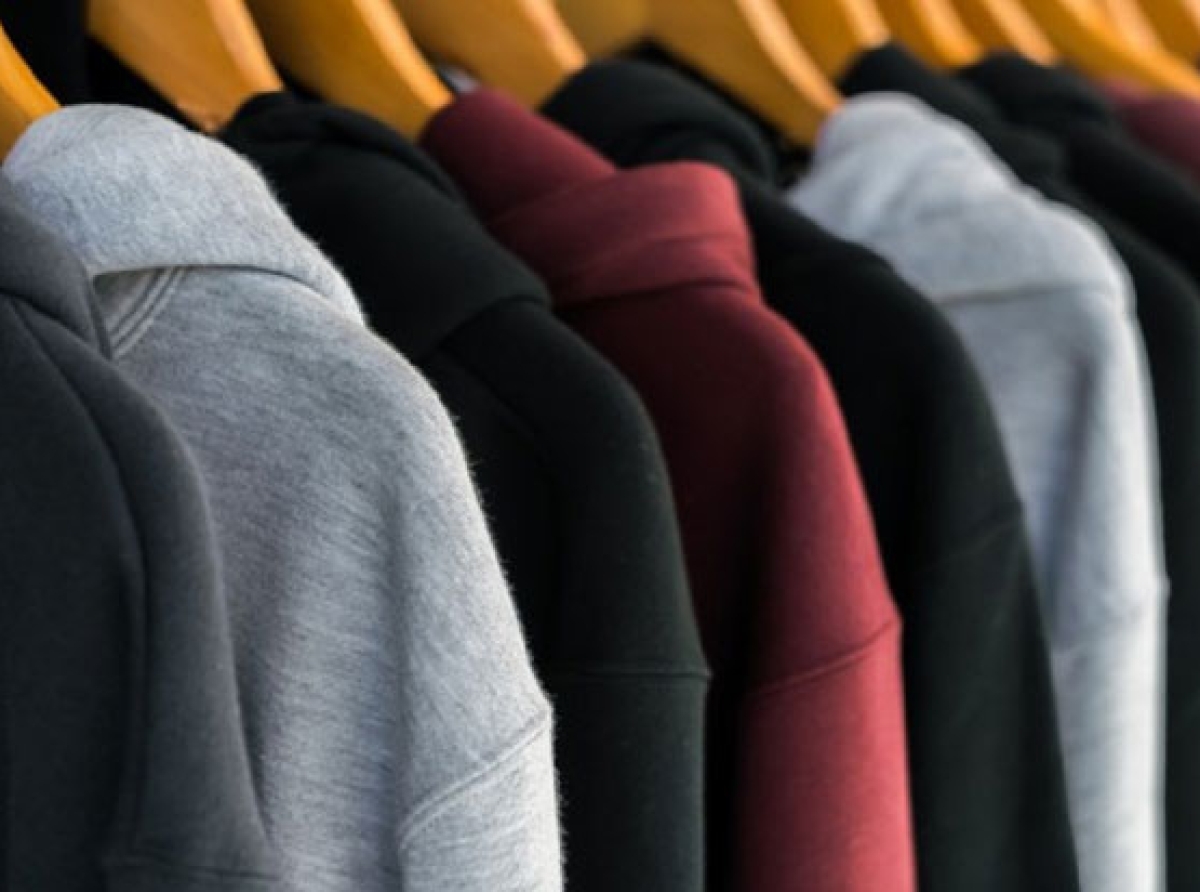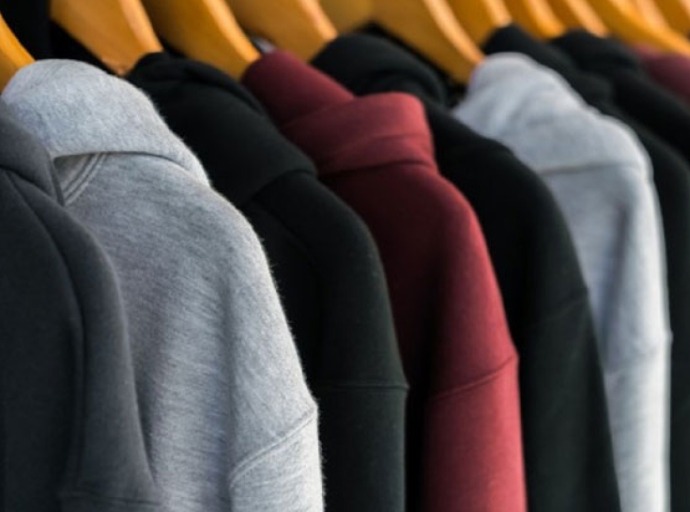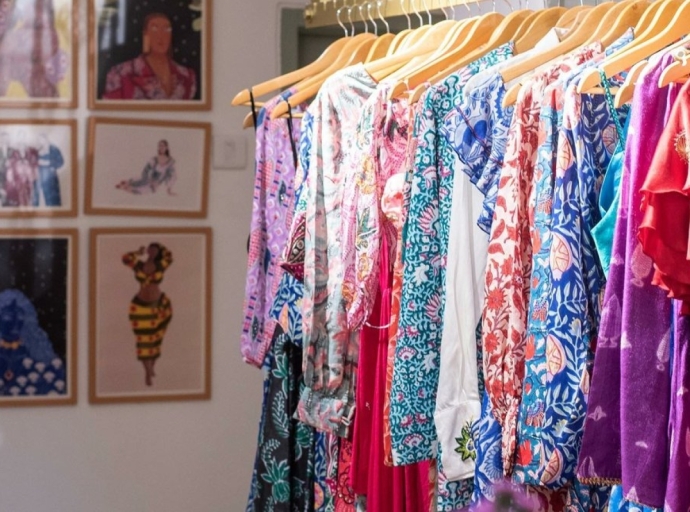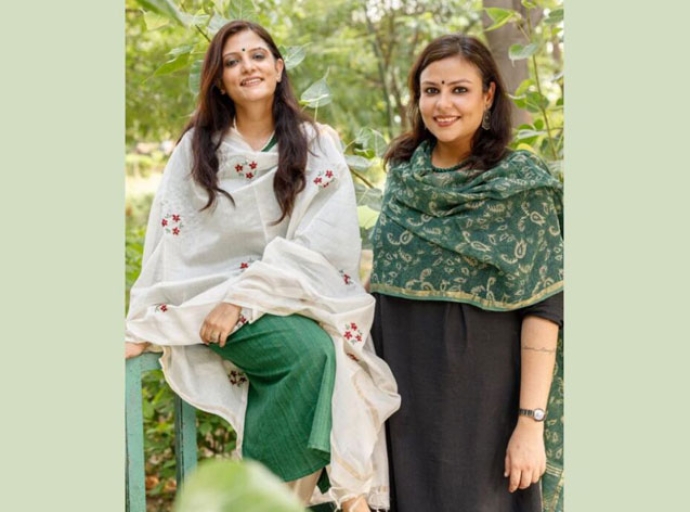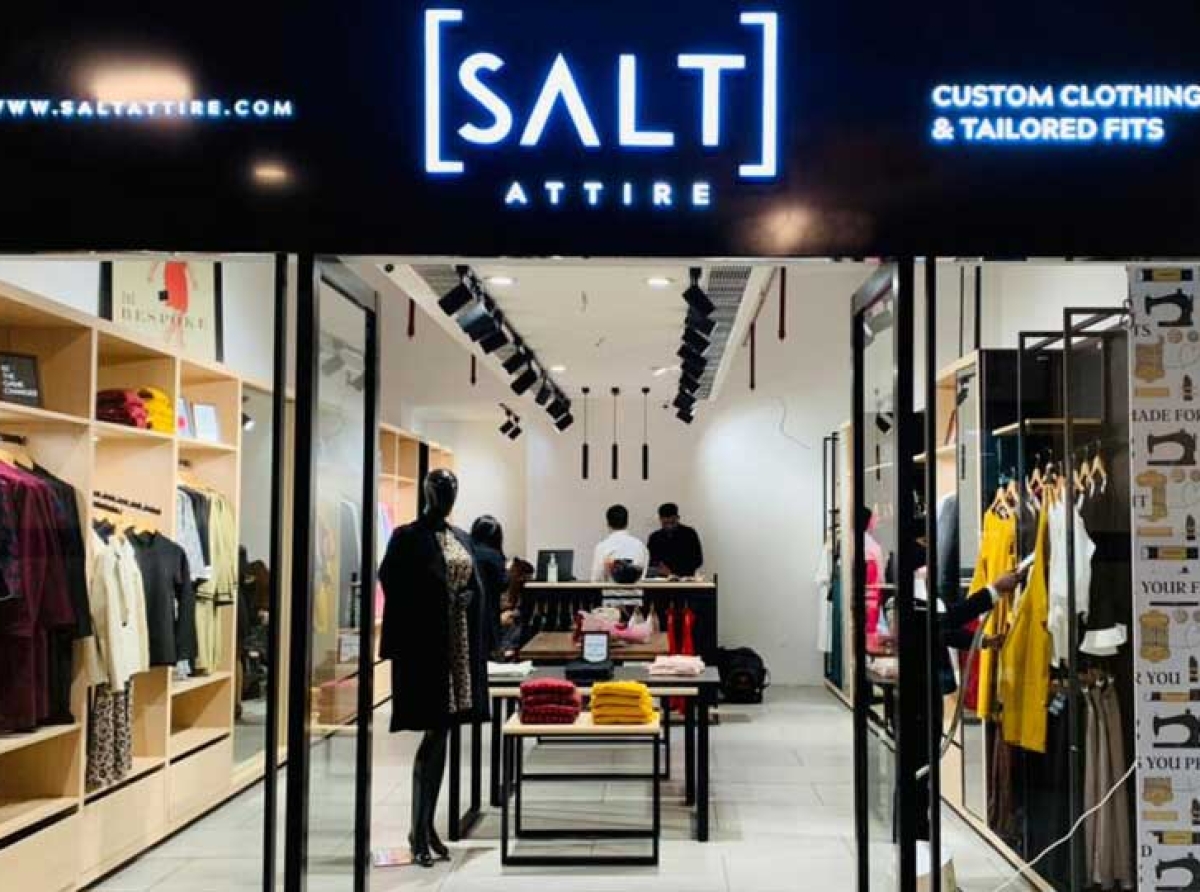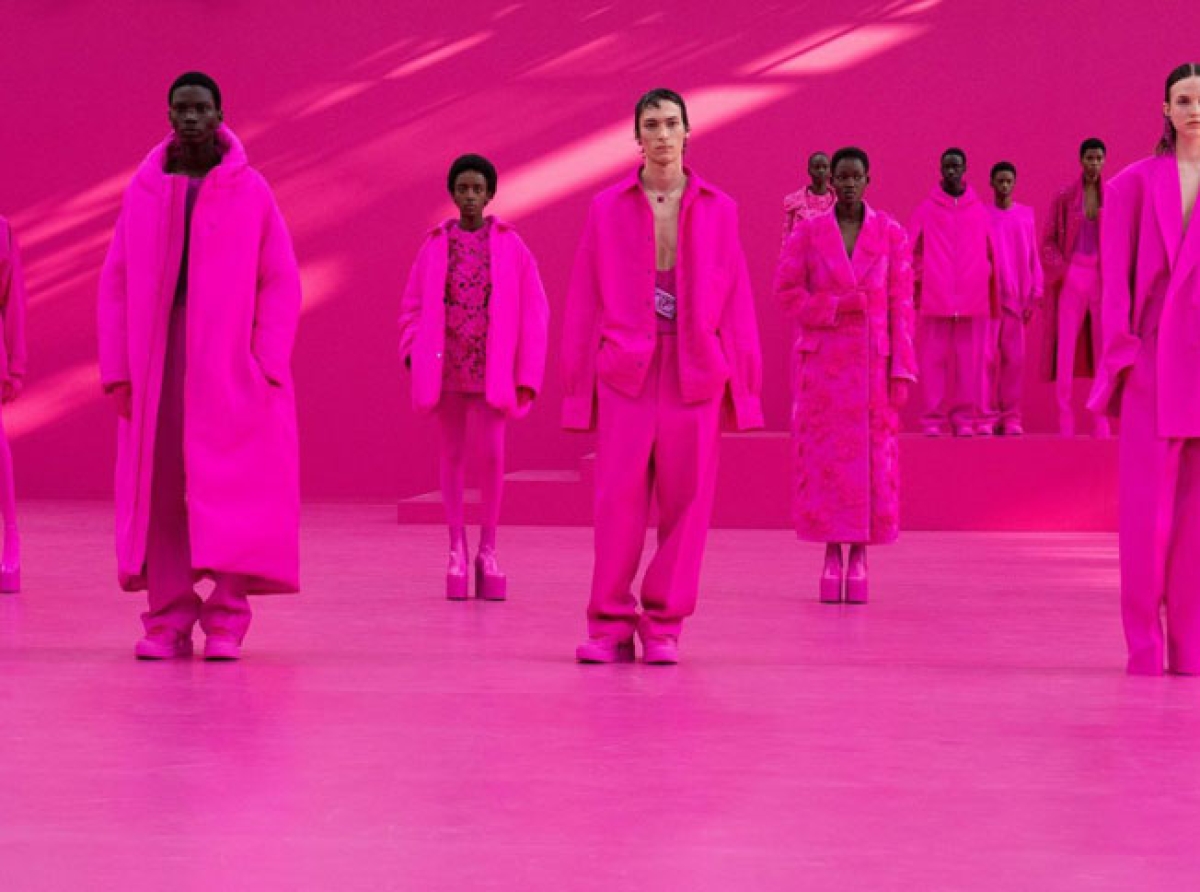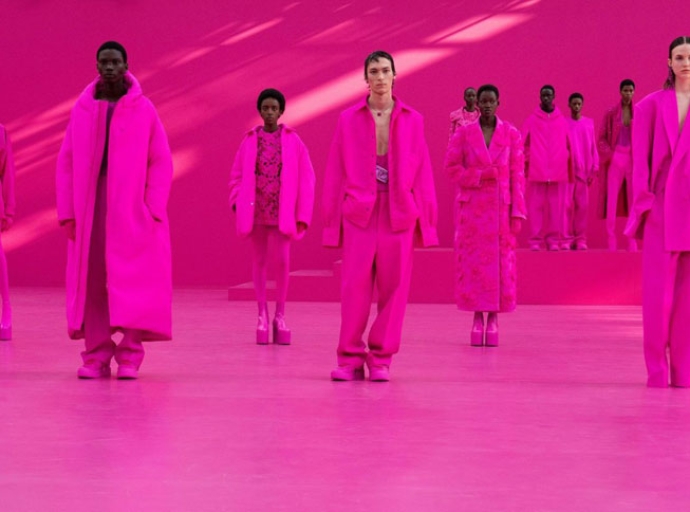28 July 2022, Mumbai:
Fastest apparel manufacturing platform Fashinza to debut AI & tech-based supply chain solutions for global fashion brands at MAGIC Fashion Trade Show 2022, Las Vegas.
The Fashinza team, including the founders, will be onsite to showcase solutions designed to help brands and manufacturers work together directly through a unique digitized supply chain. Using AI and Data Science to change the way brands source products.
RELATED NEWS . Fashinza expands team with Sumit Saxena as new President-Revenue & Strategy

ALSO READ Fashinza to expand operations
Fashinza’s “one-stop apparel manufacturing platform” helps brands connect with manufacturers through AI-driven supplier matching. It offers brands the ability to place bulk orders with just one click and discover upcoming fashion trends through the use of a state-of-the-art trend forecasting algorithm.
With recent updates to the platform, MAGIC Fashion Trade Show participants will be the first to see the latest from the manufacturing platform, including
Thousands of the latest designs from different categories from womenswear to menswear, athleisure, outerwear, and kids' wear.
How the platform provides Design to Delivery support to fashion brands and retailers.
Explore: Fashion Brand News l Apparel News l Lifestyle News l Retail News l Textile News l Trade News l Startup News
Join our community on Linkedin





